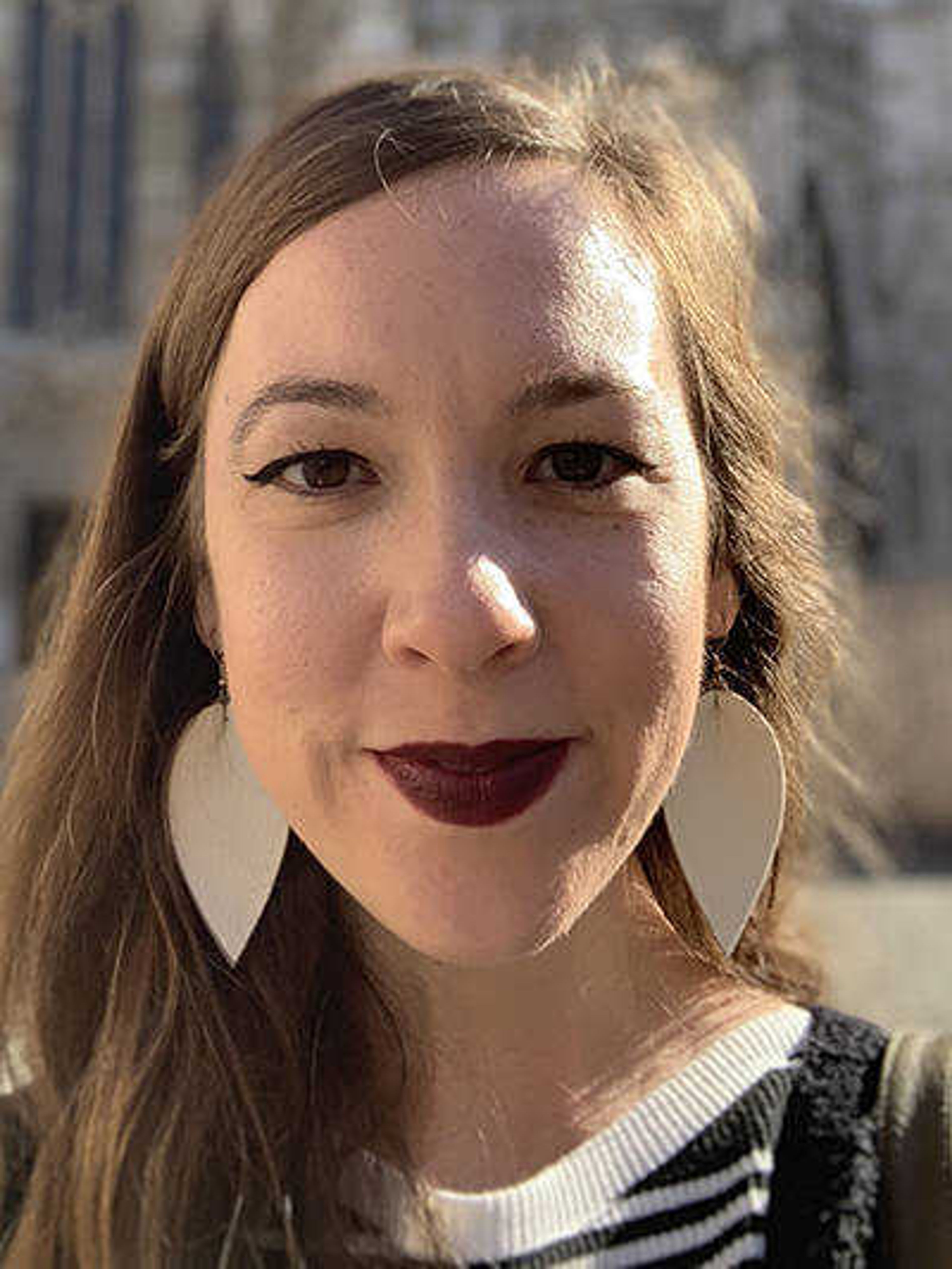The beauty of Cain's mark
Some of the most beautiful verses in Scripture, in my opinion, are found in Genesis 4:1-16, which tell the story of Cain killing his younger brother Abel. When I discovered these verses as an adult, they took me by surprise: I remembered the murder part, but I didn't remember ever before hearing of God's tenderness in these verses, or of God's deep love and care for Cain, even after he has killed his brother. ...
By Mia Pohlman
Some of the most beautiful verses in Scripture, in my opinion, are found in Genesis 4:1-16, which tell the story of Cain killing his younger brother Abel. When I discovered these verses as an adult, they took me by surprise: I remembered the murder part, but I didn't remember ever before hearing of God's tenderness in these verses, or of God's deep love and care for Cain, even after he has killed his brother. Yet, here these verses are, proclaiming God's unchanged love for someone we would call a murderer, but who God still sees simply as Cain.
These verses beg the questions: how do we view our own relationship with God when we have sinned? And, how do we view people who are prisoners?
As it was with Cain when he committed one of the worst of crimes of killing his own brother, so it is with people who commit crimes in our society. People who are sentenced to prison are stripped of the markers we as humans use to identify ourselves: their profession or vocation is taken from them, and they are taken from their home, the place where they are dwelling. So was Cain -- he was no longer allowed to practice farming, and God told him he could not stay in the place with his family and the other people there.
Yet. Although God takes these markers of identity from Cain, God gives him something so interesting to me. Cain grieves from the depths of his being, stating, "My punishment is too great to bear" (Genesis 4:13, NAB). He tells God he is afraid of someone killing him, that he is distraught over having to avoid God and instead become a "restless wanderer" on the earth. God listens to Cain and leaps to his defense, honoring Cain's fear and desire for identity with protection: God "puts a mark" (Genesis 4:15 NAB) on Cain, identifying Cain as God's own. God tells Cain if anyone kills him, Cain will be "avenged sevenfold."
Because of his actions, Cain is stripped by God of what we as humans use to mark each other: our professions, vocations and where we are from. These are privileges, these verses seem to say. The identity Cain is left with is this: he is God's. Because of this, no one can touch him. These verses tell us: no matter how we behave or what we choose, our identity as God's is a non-negotiable. Cain's mark, too, must also have remind him that God was with him, that nothing could separate Cain from this love.
Do we know the God whom Cain knew, the God to whom we can go to lament our actions and ask for help and love? Do we see people in prison as God's and as God's image, men and women whom God fiercely loves, whose fears and desires God honors? Do we know this God who delivers justice, yes, and who also lovingly provides for us and others in the consequences of our actions?
This is the God we can know, the God whose image we can allow the world to see through us each day.
Connect with the Southeast Missourian Newsroom:
For corrections to this story or other insights for the editor, click here. To submit a letter to the editor, click here. To learn about the Southeast Missourian’s AI Policy, click here.










